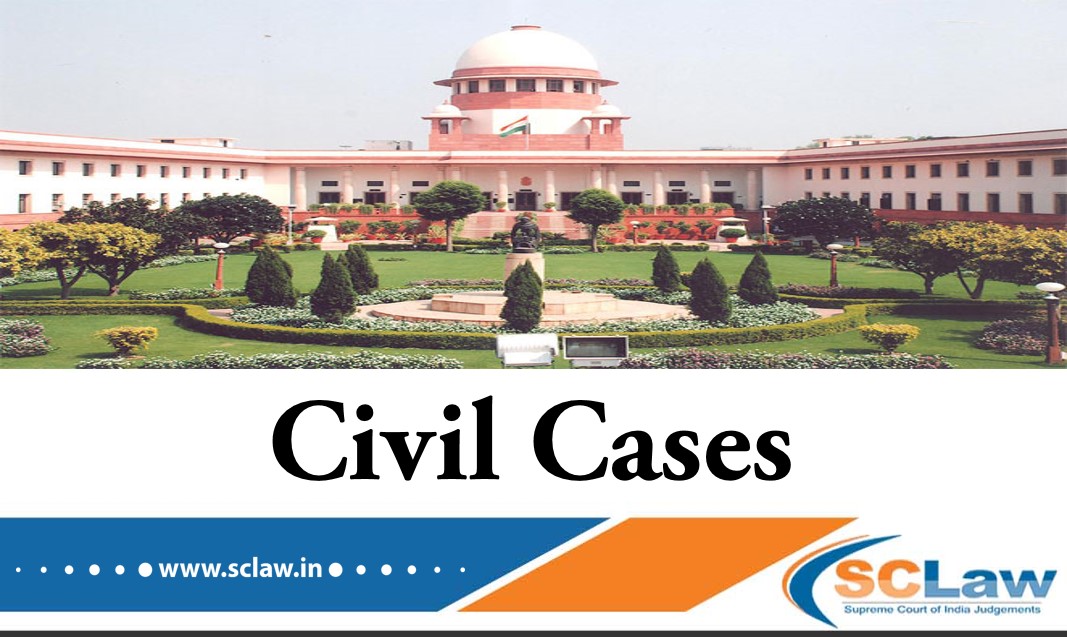Pre-emption — Validity — Plaintiff not a co-sharer of her father — She could not have claimed a right of pre-emption on the basis of consanguinity
2007(2) LAW HERALD (SC) 1257 IN THE SUPREME COURT OF INDIA Before The Hon’ble Mr. Justice S.B. Sinha The Hon’ble Mr. Justice Markandey Katju Civil Appeal No. 5947 of…










